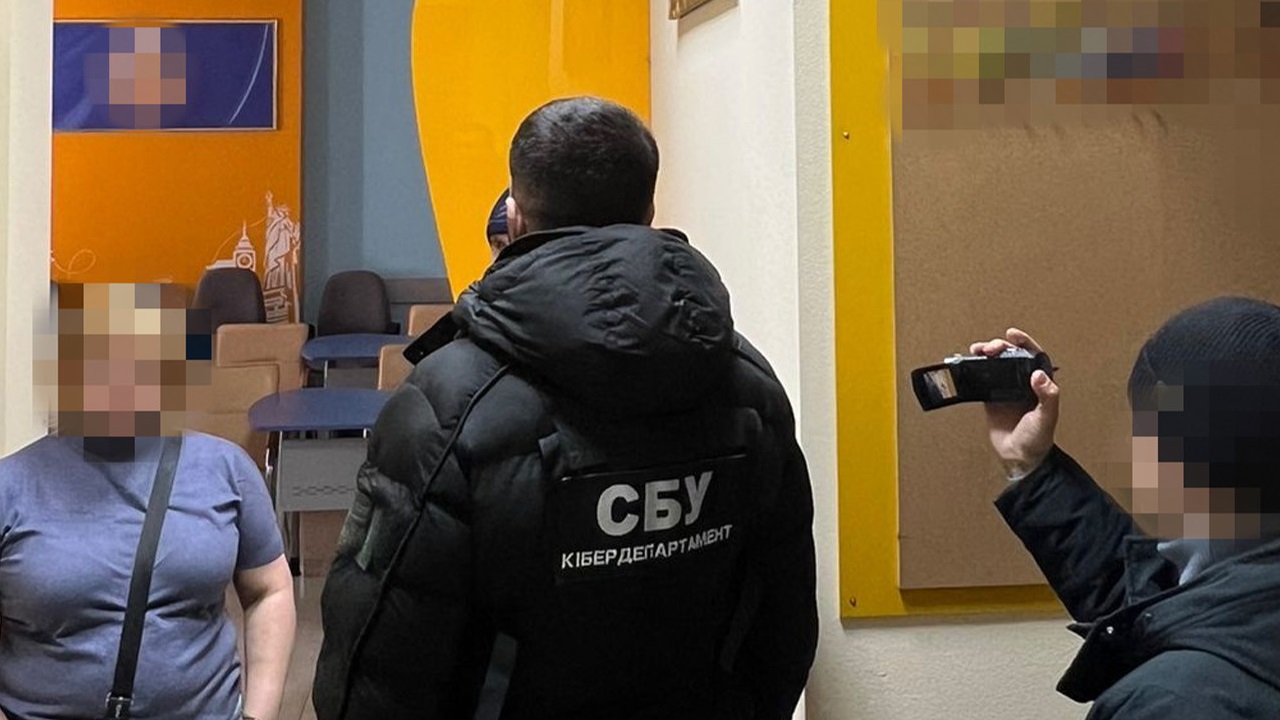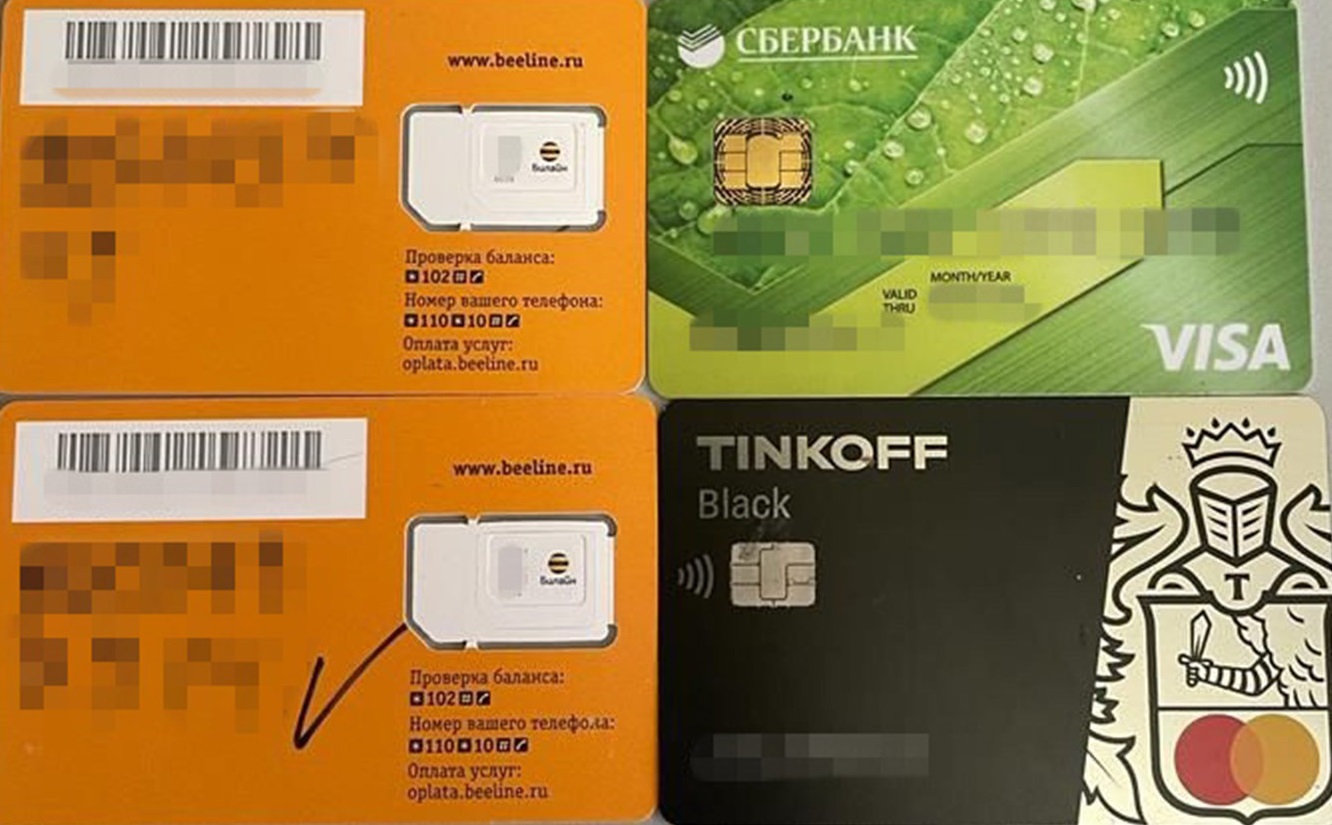[ad_1]

Ukrainian law enforcement has exposed a financial pyramid originating from Russia suspected of making millions of U.S. dollars. The scam convinced victims to send fiat money and cryptocurrency by promising profitable investments in big companies around the world.
Large Crypto Pyramid Scheme With Russian Roots Busted in Ukraine
Officers from the Security Service of Ukraine (SBU) have unraveled a fake investment scheme called ‘Life Is Good,’ the agency announced on Tuesday. The fraudsters behind it offered potential clients to multiply their money by acquiring shares of global enterprises.
The organizers of the large-scale pyramid scheme allegedly received almost $40 million dollars from more than 1,000 people they managed to defraud. The victims were instructed to transfer the money directly to the crypto wallets and bank accounts of the scammers.
Life Is Good had an online platform maintaining fake investor accounts. Customers were promised deals bringing stable profits in the form of dividends and “guaranteed” bonuses if they were able to attract new participants to the project.

According to the Ukrainian investigators, more than 10 people have been involved in the criminal organization, mostly Russian nationals. The financial pyramid, which was launched in the Russian Federation in 2017, had a local branch in Ukraine.
Following Russia’s full-scale invasion that started in late February, 2022, the organizers tried to conceal their involvement in the scheme by elaborating a mechanism to collect cryptocurrencies through a network of exchanges operating throughout Ukraine.
Working with their colleagues from the Ukrainian police and prosecutors, the SBU officers searched Life Is Good’s offices in Kyiv, seizing computers, mobile phones, accounting documents, and other records suggesting criminal activity as well as advertising materials.
Law enforcement agencies in Ukraine, a regional leader in cryptocurrency adoption, have been improving their crypto expertise. According to a report in March, employees of the country’s Cyberpolice, the Asset Recovery and Management Agency, and the SBU attended training classes organized by Binance, the world’s leading digital asset exchange.
In November, the Cyberpolice, which is the nation’s cybercrime combatting unit, dismantled a crypto fraud scheme allegedly making €200 million a year ($207 million at the time) by luring investors through a chain of representative offices and call centers across Europe.
Why do you think the alleged Russian crypto fraudsters continued to operate in Ukraine after the war broke out? Share your thoughts on the case in the comments section below.
Image Credits: Shutterstock, Pixabay, Wiki Commons, SBU
Disclaimer: This article is for informational purposes only. It is not a direct offer or solicitation of an offer to buy or sell, or a recommendation or endorsement of any products, services, or companies. Bitcoin.com does not provide investment, tax, legal, or accounting advice. Neither the company nor the author is responsible, directly or indirectly, for any damage or loss caused or alleged to be caused by or in connection with the use of or reliance on any content, goods or services mentioned in this article.
[ad_2]
Source link
